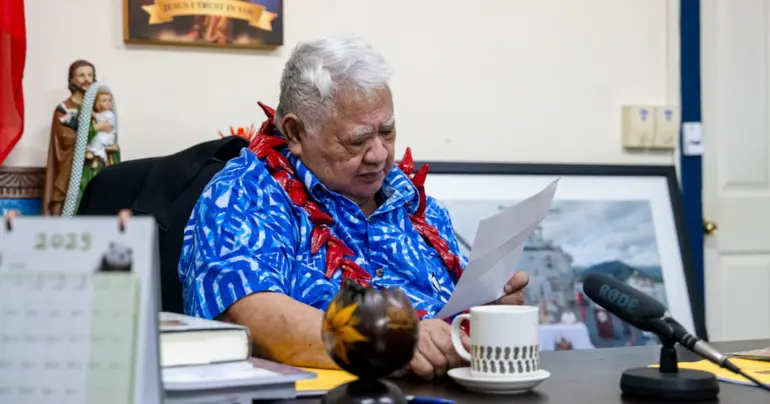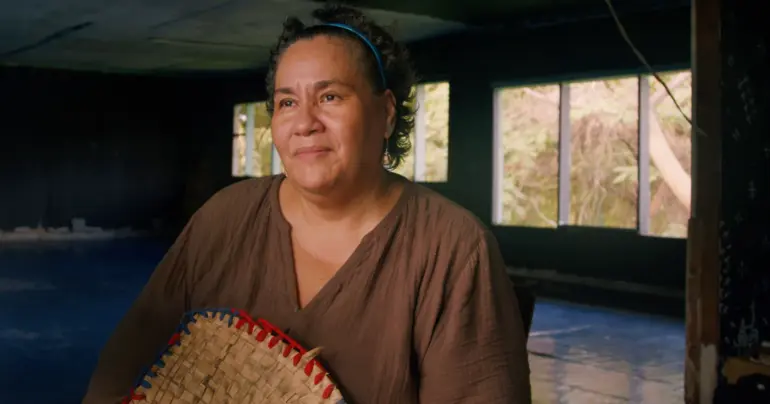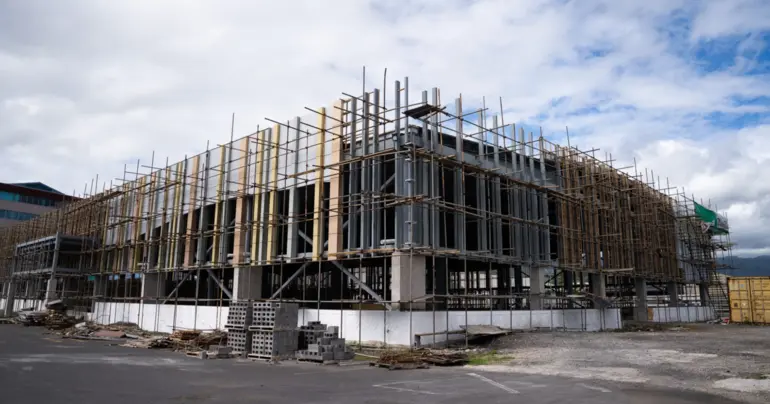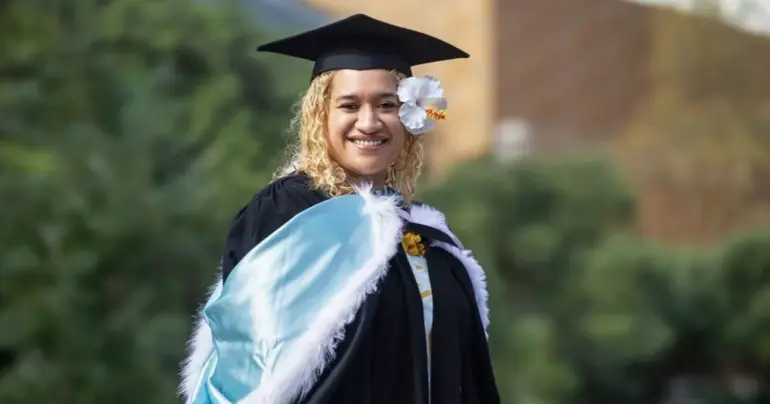Slim breakthroughs for women's representation: Professor
 By Sapeer Mayron
•
11 April 2021, 1:00PM
By Sapeer Mayron
•
11 April 2021, 1:00PM
Samoa still has immense structural barriers between women and the highest seats of power in Samoa that will take many years to erode.
Penelope Schoeffel, Professor of Development Studies in the Centre for Samoan Studies at the National University of Samoa said there is a reason that despite the money and effort that goes towards getting Samoan women into the political sphere, very few make it each year.
After Friday’s preliminary election results, it appears four women have won their constituency and will join the unopposed Member for Lotofaga, Fiame Naomi Mata’afa in Parliament.
Two more women from the Faatuatua i le Atua Samoa ua Tasi (F.A.S.T.) Party and two from the Human Rights Protection Party (H.R.P.P.) have won their seats so far, with the official count still ongoing.
Professor Schoeffel, who has studied barriers to politics for women in Samoa said while she is happy 10 per cent of Parliament will be made up of women, there are no real leaps or bounds in this department to celebrate.
Where 24 women ran in 2016 (four succeeded and one was brought in under a legal measure to make 10 per cent), 22 women ran this year.
“There is nothing very astonishing about that because five women is the largest number that has ever gotten in outright, and that was three Parliaments ago,” she said.
“But it looks like we’re going to have a woman Prime Minister and that’s going to be marvelous.”
Among the five women who seem to have secured their seats in Parliament, one is a returning Member: Faimalotoa Kika Stowers-Ah Kau was the Minister of Health in the last Cabinet during her first term as the representative of Gagaifomauga No. 1.
“Falealupo has always produced quite a lot of female candidates and it’s good to see a woman winning there,” Professor Schoeffel said of the constituencies apparent winner, H.R.P.P. member Leota Tima Leavai.
The two new women flying the FAST flag are Matamua Vasati Pulufana in Faasaleleaga No. 1 and Mulipola Anarosa Molioo in Palauli No. 1.
“We can’t say that there has been a great breakthrough or any leap forward this time,” she said.
According to her research, Professor Schoeffel found women in Samoa have a hard time ticking the many boxes that come more easily to men when it comes to traversing the path to Parliament.
“Women need to have the same things going for them as men do,” she said.
“In other words, they have to have a high ranking title, they have to be active in a church that is in the electorate, they need to be active in their own village and in faalavelaves in their district, and have a strong family base in their district.”
When she and her colleagues analysed the results of the 2016 election, they found the women who won their seats outright had managed to achieve all of those, and for a very particular reason.
“Since Independence, most of the women who have won seats have either been single, widowed or divorced,” Professor Schoeffel said.
“If they’ve had a husband, they are outside the FaaSamoa, because they are urban business people or palagis. It’s very obvious to anyone who has looked at the data why there are few women standing and few women getting elected.”
She said one way developing countries have tried to boost women’s representation in Parliament is through the party system where the party preselects a single candidate to run in an election.
Here in Samoa, there are no restrictions on how many candidates from a given party can put their hand up to jostle for that all important role.
“The Samoan system is bizarre, where people run against each other and split the vote,” the Professor said.
“But maybe people are going to learn from this election, because it’s the first time there has been a concreted effort by two strong parties to take each other on, on particular issues.
“If you want to get more women in Parliament, parties are going to have to preselect their candidates and then choose good women candidates.”
She said Samoa has a fairly conservative attitude towards women matai. Her research found 19 villages in Samoa that do not recognise women with matai titles.
These kinds of villages won’t be leaping to endorse women who want to run for Parliament, she said.
“There are structural reasons why it’s difficult for a woman to one, stand for Parliament, and two, get elected. It’s not that Samoa is short of capable women.
“Samoan people know what those barriers are, so if it happens, it will happen very slowly,” she said.
 By Sapeer Mayron
•
11 April 2021, 1:00PM
By Sapeer Mayron
•
11 April 2021, 1:00PM











